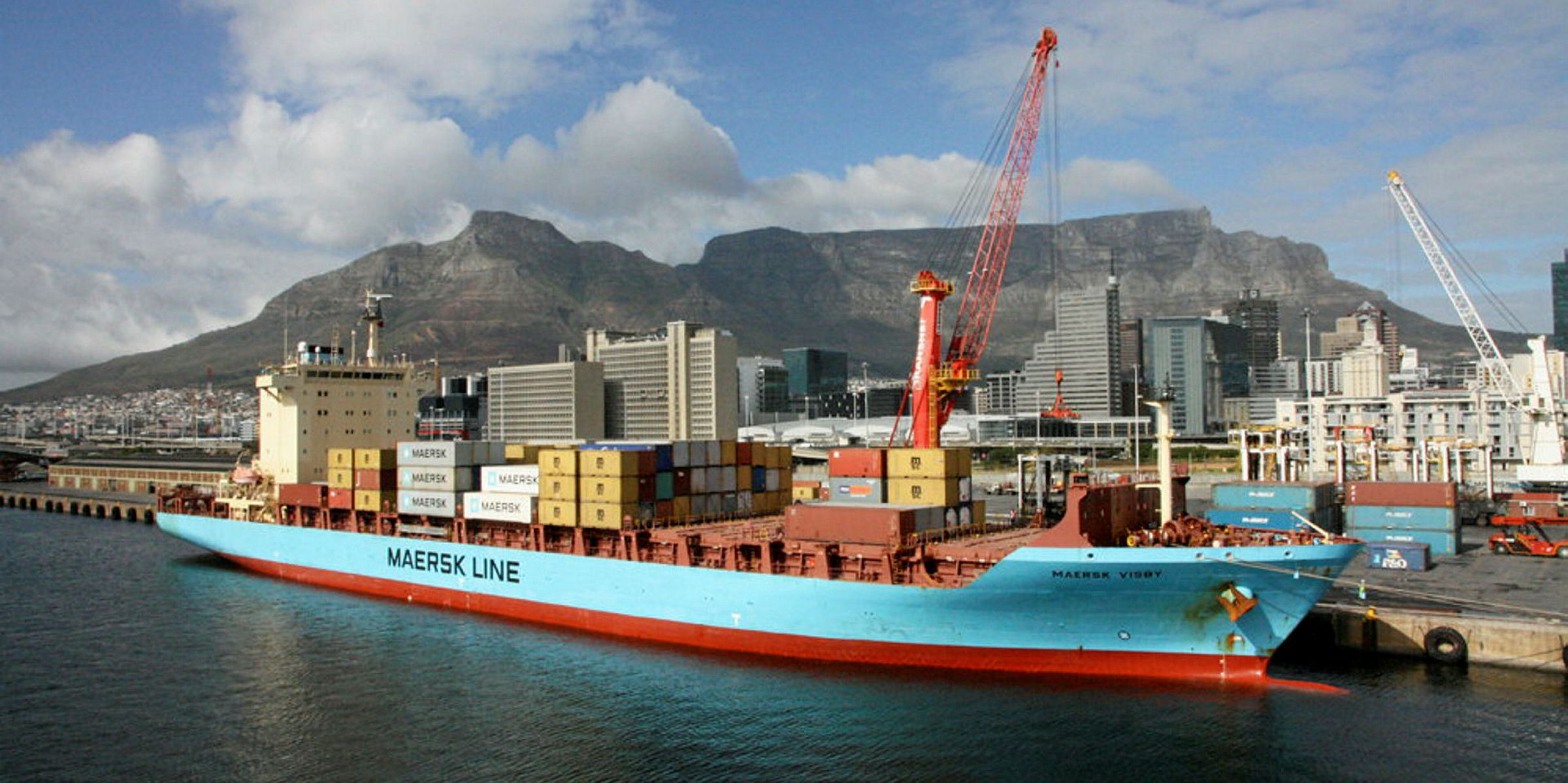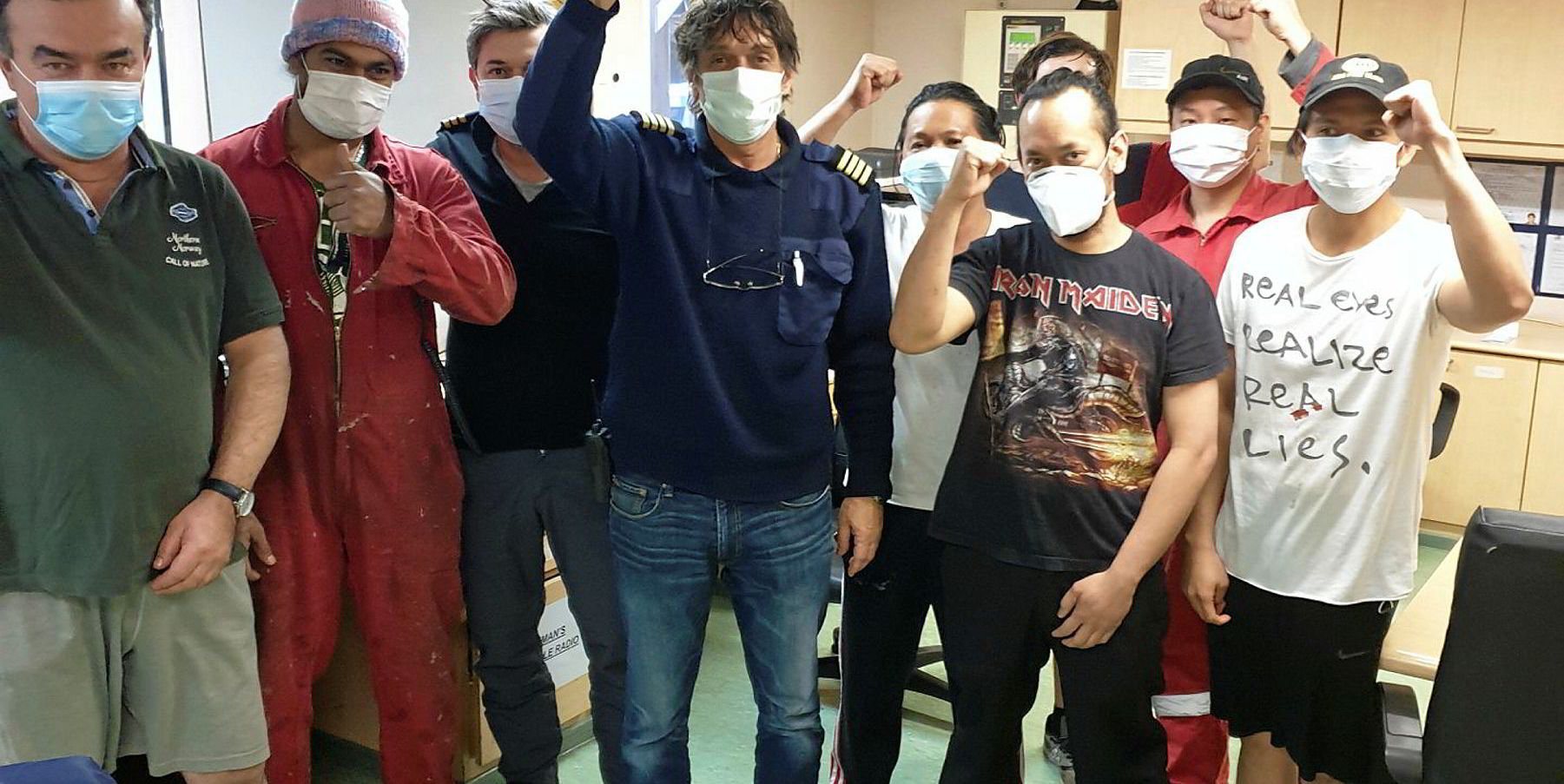South Africa is opening up to allow crew changes involving foreign crews.
The catch is that scheduled commercial flights to and from the country remain suspended.
South African Transport Minister Kikile Mbalula announced in the Government Gazette that the country will, with immediate effect, permit the exchange of foreign seafarers in the ports of Durban and Cape Town.
Crew changes are not permitted at Saldhana Bay and Richards Bay, the country’s two main dry bulk ports, nor the container port of Nquara. But vessels calling at these ports may deviate to either Durban of Cape Town and carry out crew changes.
Cruiseships are excluded. They may only disembark crew members who are South African nationals or permanent residents.
Like many other countries that are now permitting crew changes involving foreign seafarers, South Africa requires a strict set of protocols be followed, including direct transfers from the airport to the ship or vice versa.
If a lay-over is required, seafarers must be quarantined for the duration of their stay as per port health protocols. Their employer is required to cover the cost of their stay at the quarantine facility.
While South Africa has eased its restrictions on crew changes, getting seafarers in or out of the country by air will be a challenge as a ban on international commercials flights remains in place.
TradeWinds is told that tickets can be procured for crew members on government-approved repatriation flights that are operated on an ad-hoc basis by various international airlines.
South African government officials have indicated in recent weeks that scheduled international flights may resume sometime in September.
South Africa has been the hardest hit of all African countries during the coronavirus pandemic, with over 600,000 cases and 13,000 deaths reported to date. It has enacted some of the strictest lockdown regulations in the world, including banning the sale of alcohol and tobacco.
Security forces have enforced strict curfews, even firing rubber bullets at people who did not follow the stay-at-home order during the initial stages of the lockdown.
The pandemic has wreaked havoc on the country’s economy, which was already struggling from decades of rampant corruption.






